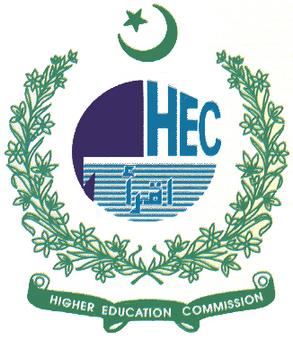INVESTIGATING THE PHENOMENON OF IDENTITY CONSTRUCTION IN THE ENGLISH TRANSLATION OF URDU NOVEL UDAAS NASLAIN: A POSTCOLONIAL PERSPECTIVE
Keywords:
Translation, Source Text, Target Text, Identity Construction, Orientalism, Role of translator, Translation StrategiesAbstract
Translation plays a vital role in the reconstruction of identities. This study aims to investigate the concept of identity construction in the translated version of Urdu novel “Udaas Naslain”. The basic aim of this study is to investigate that how identities are reconstructed in the process of translation. The role of translator is investigated in the process of identity reconstruction. Moreover, Lexical choices and translation strategies are explored to know how identity is reconstructed in the source text (ST) and the target text (TT) respectively. A postcolonial novel “Udaas Naslain” and its translated version “The Weary Generations” is selected as data. Orientalism is adopted as conceptual framework because it contributes to define the identities of colonizer and colonized. The study finds that different identities such as cultural, national, religious and ethnic are constructed by the translator. The translator tries his best to deconstruct the binary stereotypes. He has reconstructed the identity of Orients as brave, civilized, educated and rational to counter the fabricated narratives of Occident. In the reconstruction of these identities, translator has used different manipulative strategies of omission, addition, substitution, and foreignization. Students of translation studies, linguistics, and literature may benefit from this research since it identifies the role of lexical choices and translation procedures in the context of Orientalism. Because this study discusses the role of the translator in the reconstruction of identities and the various tactics that are used in this process, it may be useful to translation scholars.









